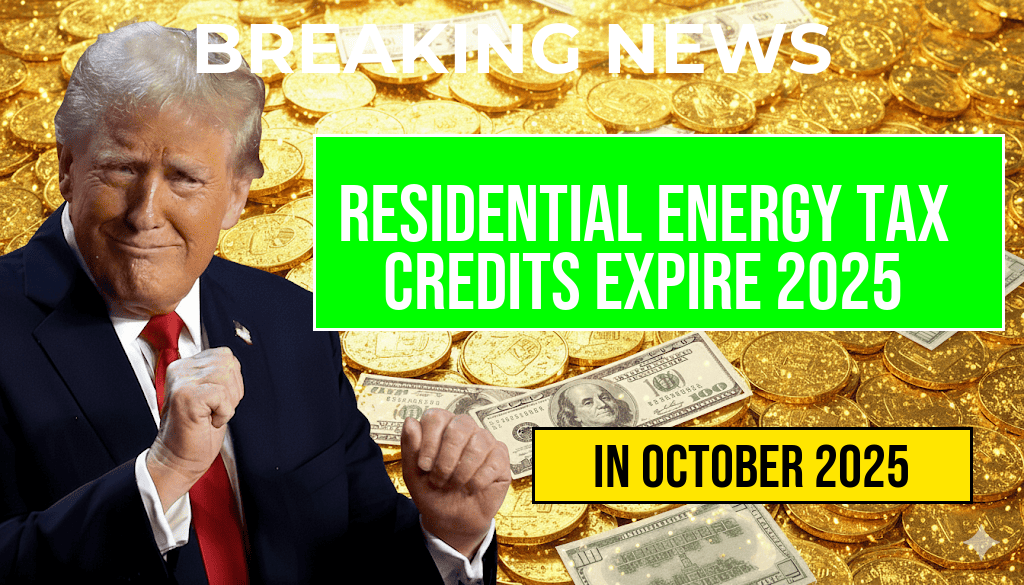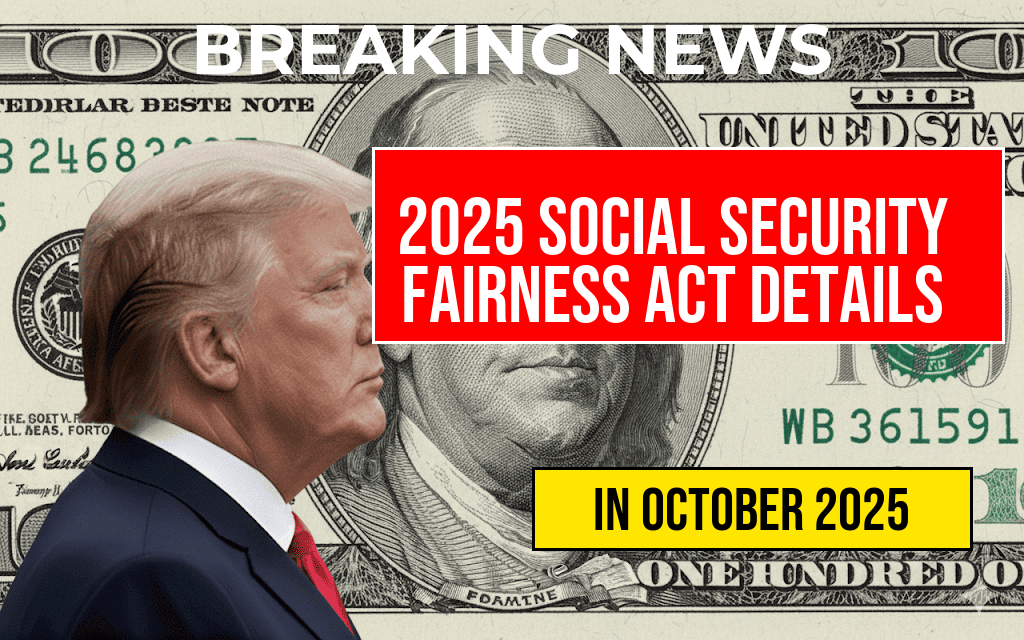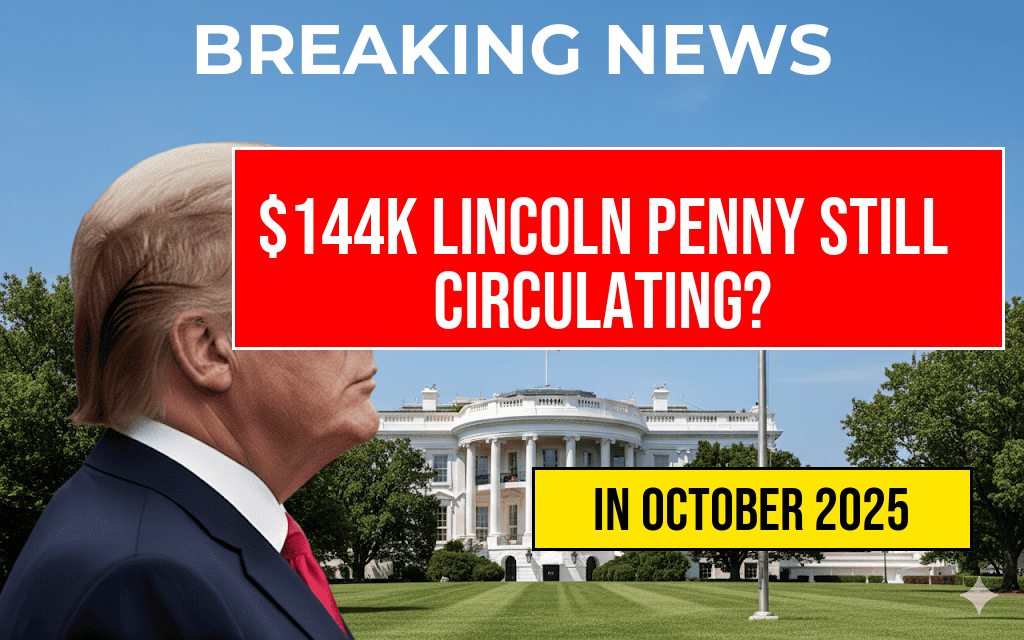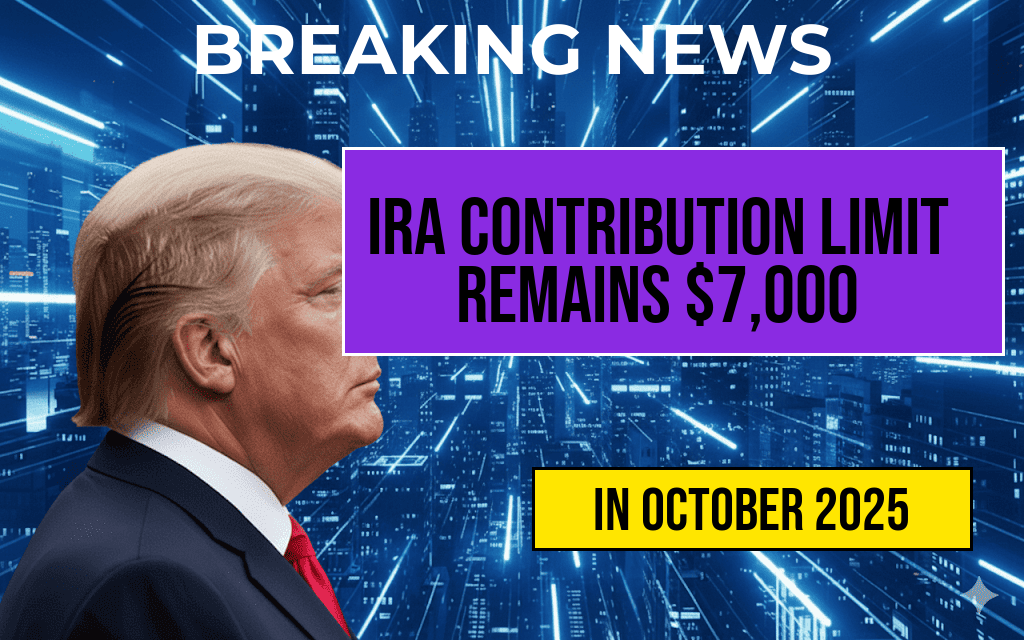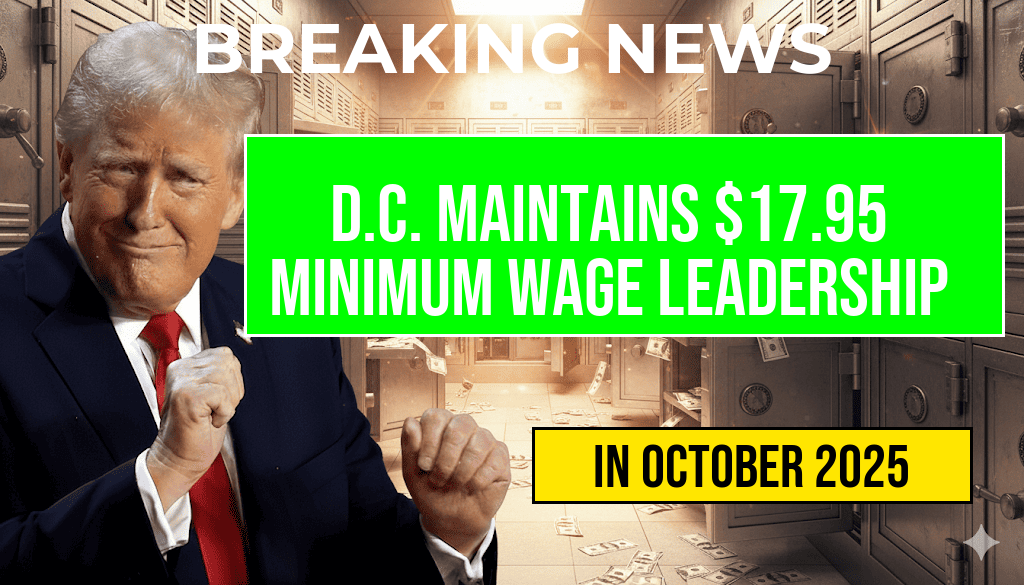As of 2023, Washington D.C. has solidified its position as a leader in the fight for fair wages by maintaining a minimum wage of $17.95 per hour. This figure not only reflects the city’s commitment to ensuring a livable wage for its residents but also places it at the forefront of minimum wage policies across the United States. The increase, which took effect on July 1, 2023, is part of a broader trend aimed at addressing income inequality and the rising cost of living in urban areas. This latest adjustment marks a significant milestone, as it continues to outpace many states and localities struggling to keep up with inflation and economic pressures.
Understanding the Minimum Wage Landscape
The federal minimum wage has remained stagnant at $7.25 per hour since 2009. Consequently, many states have taken steps to implement higher minimum wages to better reflect the cost of living in their regions. Washington D.C.’s minimum wage is significantly higher than the national average, and since 2016, it has gradually increased, a trend that is expected to continue.
Historical Context
- 2016: D.C. initiated a series of incremental increases aimed at reaching a $15 per hour minimum wage by 2020.
- 2020: The city successfully reached the $15 mark, setting new benchmarks for wage standards.
- 2023: The wage increased to $17.95 per hour, reflecting ongoing economic pressures.
Impact on Workers and Businesses
The ramifications of a higher minimum wage are multifaceted. Proponents argue that it enhances the quality of life for workers, allowing them to better meet everyday expenses, including housing, healthcare, and education. A recent study from the Economic Policy Institute suggests that wage increases can lead to improved job satisfaction and productivity, benefiting both employees and employers.
However, critics warn that raising minimum wages can lead to increased operational costs for businesses, particularly small enterprises, which may struggle to absorb such expenses. As a counterpoint, advocates highlight that many businesses have successfully adjusted to higher wage standards without significant negative impacts. Additionally, a higher wage can lead to increased consumer spending, which can stimulate local economies.
Comparative Analysis with Other Regions
| Location | Minimum Wage | Effective Date |
|---|---|---|
| Washington D.C. | $17.95 | July 1, 2023 |
| California | $15.50 | January 1, 2023 |
| New York City | $15.00 | December 31, 2019 |
| Florida | $11.00 | September 30, 2021 |
The Broader Economic Implications
Raising the minimum wage is often a contentious issue, yet it has significant implications for economic policy and social equity. Advocates argue that increasing pay can reduce reliance on public assistance programs, as workers earn a living wage. This perspective has gained traction among policymakers who view wage increases as a means to alleviate poverty and improve overall economic conditions.
Furthermore, the higher minimum wage in Washington D.C. has prompted discussions in various states about similar initiatives. With a growing number of regions considering increases, the D.C. policy may serve as a model for future legislation aimed at economic equity nationwide.
Looking Ahead
As discussions around minimum wage policies continue, Washington D.C. remains a focal point for advocacy efforts and policy innovation. The city’s leaders, along with community organizations, are committed to ensuring that the minimum wage keeps pace with the rising cost of living, thereby enhancing the financial stability of its residents.
For more information on the minimum wage and its implications, resources such as the Economic Policy Institute and U.S. Department of Labor provide valuable insights and data.
Frequently Asked Questions
What is the current minimum wage in Washington D.C.?
The current minimum wage in Washington D.C. is $17.95 per hour, making it one of the highest in the United States.
How does Washington D.C.’s minimum wage compare to other cities?
Washington D.C. continues to lead with its $17.95/hour minimum wage, surpassing many other cities and states that have lower pay tiers.
Is the minimum wage in Washington D.C. subject to change?
Yes, the minimum wage in Washington D.C. is reviewed and can be adjusted annually based on inflation and other economic factors.
Who is affected by the minimum wage increase in Washington D.C.?
The increase in minimum wage affects a wide range of workers, including those in the service industry, retail, and other sectors that typically pay hourly wages.
Are there any exemptions to the minimum wage law in Washington D.C.?
Yes, there are some exemptions in the minimum wage law, such as certain categories of employees like tipped workers, although they also have specific regulations regarding their pay.

